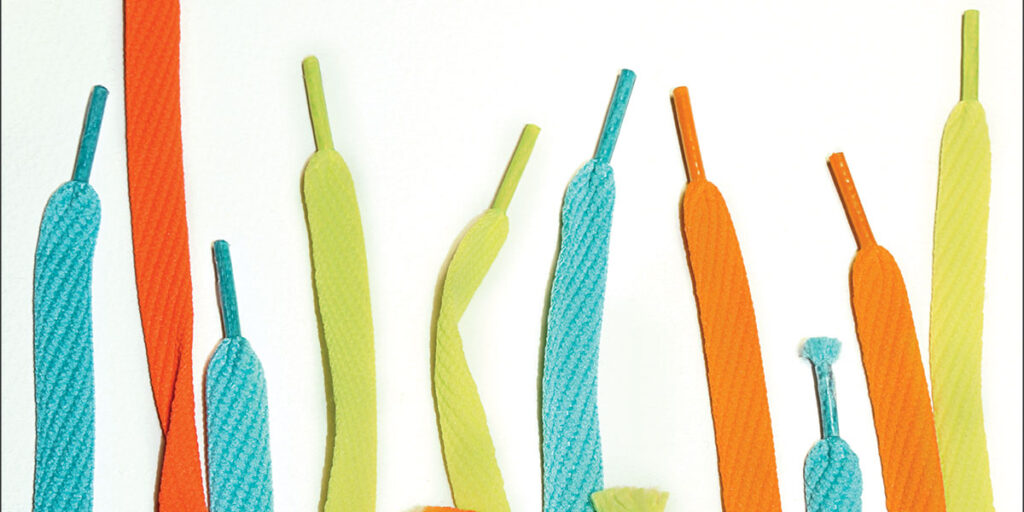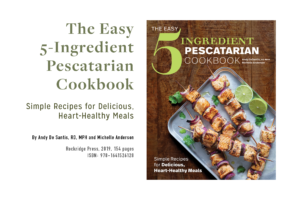Advertisement
Lifelines by Elaine Chin, MD
Advertisement728×90 LeaderboardLifelines By Elaine Chin, MD Figure 1 Publishing, 2015, 288 pages ISBN 978-1-927958-40-7 When you hear the word “telomere,” do you think “phone who?” I did. But it didn’t take long for me to become engrossed in Dr. Elaine Chin’s new best-selling book on the subject. Lifelines: Unlock the Secrets of Your Telomeres for … Continued

Advertisement
 Lifelines
Lifelines
By Elaine Chin, MD
Figure 1 Publishing, 2015, 288 pages
ISBN 978-1-927958-40-7
When you hear the word “telomere,” do you think “phone who?” I did. But it didn’t take long for me to become engrossed in Dr. Elaine Chin’s new best-selling book on the subject.
Lifelines: Unlock the Secrets of Your Telomeres for a Longer, Healthier Life is a highly engaging read on some rather complicated—and crucial—little pieces of ourselves.
The founder of Toronto’s Executive Health Centre, which practises personalized, preventive health care with a focus on peak performance, Chin compares telomeres to the small plastic tips at the ends of shoelaces. While those bits prevent laces from fraying, telomeres, which are the caps on the ends of chromosomes, keep people from developing disease and dying prematurely.
It gets a little more complicated: a substance called telomerase produces telomere DNA. When telomeres become shortened to a critical length, cells begin to degrade. When the body produces enough telomerase, however, the telomeres won’t shorten, thereby delaying cell death.
Ground-breaking research has led to a test that can determine how long your telomeres are. This measure can tell you how much your cells have aged and can be used as a baseline to ensure your telomeres stay long and healthy by making proper lifestyle choices.
Although scientific study in the field is nascent—telomeres were only discovered about 25 years ago—this new knowledge is powerful. There’s strong evidence that telomere shortening may be at the root of a vast range of chronic diseases, from cancer and cardiovascular disease to Alzheimer’s and arthritis.
Research has found a link between the incidence of osteoporosis and shorter telomeres in osteoblast cells, for instance. Shortened telomeres correspond with a significant increase in the risk of stroke. If you have shorter white blood cell telomeres, you have a higher mortality rate from infectious diseases. The list goes on.
It’s complex but fascinating stuff, which Chin makes easy to understand. You don’t need to be a Nobel Prize in Medicine winner—though the three scientists who discovered how telomeres protect our chromosomes are—to grasp the tremendous role these DNA segments play in health and disease.
Through her engaging writing style, Chin shares ways people can enhance the health of their own telomeres. She breaks things down into manageable steps in key areas such as diet, mental health, hormone replacement therapy, and supplements to overcome deficiencies in what she calls the Peak Health Program. She guides people through ways to “age-proof” their lifestyle, backing up her tips with facts like this one: longer telomeres are found in people who are more physically active.
Chin convinces us that by taking care of our telomeres, we’re practising our own preventive medicine. And by doing so, we can not only potentially lengthen our life, but also better enjoy our days by feeling our best.





